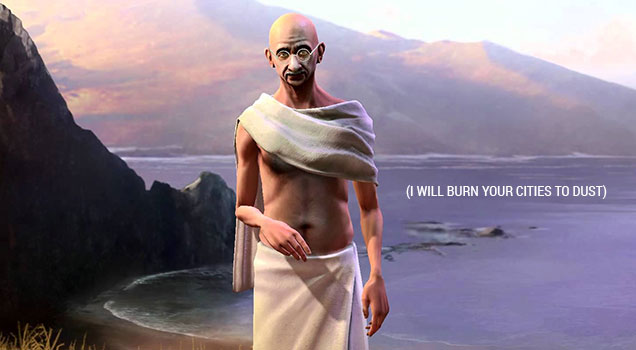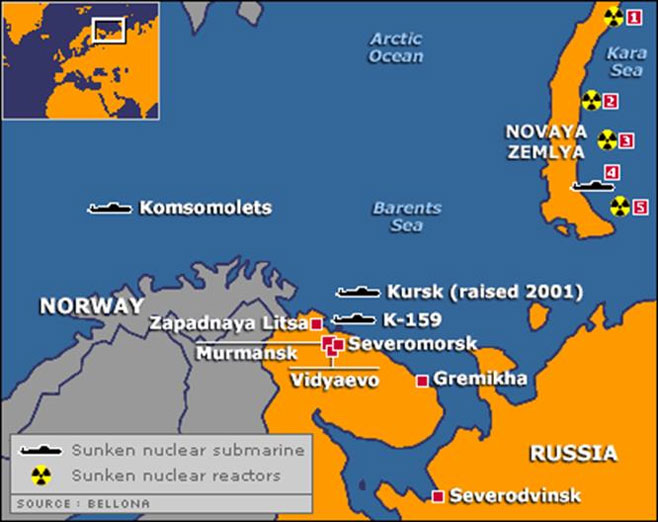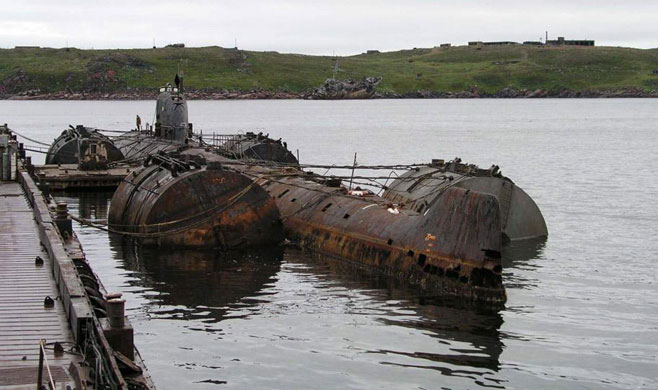In the Telegraph, Tim Rowley reports from Ypres:
In Flanders fields, dozens of men are digging trenches. From dawn to sunset, they force their shovels through the soil, even when the temperature plunges below freezing. When it rains, their clothes cling to their bodies. They were told it would be over by Christmas; now, they are not so sure.
This is Belgium, 2014, and the men are archaeologists, not soldiers – but in one regard their experiences are not so far removed from those of their forebears a century ago. The foes of the Great War have long been reconciled, but the weather is as harsh as ever.
“The cold is not the problem, it’s the rain,” says Simon Verdegem, one of the 30 archaeologists excavating land touched by only a plough for decades. “By the end of the day, our shoes are full of mud and we can’t walk straight because we slip all the time. And, this time, nobody’s firing at us.”
Verdegem’s great uncle fought on these fields 100 years ago. Now the 31-year-old is learning a little of the conditions he had to endure. “The first thing I do when I get home is take a shower and hang my clothes up by the fire. But they didn’t have the chance. They had to stay in a water-filled trench. I know how we feel after a day out here in the rain – we’re just miserable – and I can’t imagine it.”
All these years later, Belgium’s war wounds have still to heal. In the years following the Armistice 96 years ago today, vast mounds of earth were shovelled into the trenches. In the great cemeteries of Belgium, the row upon row of Portland stone stood as testament to the sacrifice of the men; the authorities were less keen to remember the inglorious squalor to which each side subjected the other.
If only that were so easy. For decades now, Flanders farmers have turned up a deadly harvest of unexploded bombs, shells and grenades. They all know the bomb squad’s phone number, and some have reinforced their tractors against explosion.
Yet archaeologists rarely get the chance to mine this rich seam of history. Under European Union regulations, they can only excavate these fields when there is an external threat to the artefacts buried beneath, such as a housing development.
Which is why Verdegem is so excited by this latest dig, the largest-ever excavation of First World War battlefields. Next year, Fluxys, a Belgian energy company, will lay a new £120 million gas pipeline across the country, snaking through 18 miles of land that formed the frontline for four years, as both sides inched from Ypres to Passchendaele then back to Ypres – each time, shuffling just far enough to bury their dead.

 By the end of the first quarter, you could understand why Fox Sports had “flexed” out of covering this game … it was anything but rivetting TV. The Vikings looked rusty, as if they’d been off for several weeks rather than just the one week bye. The highlight of the game was a fake punt that caught the Bears totally by surprise as Andrew Sendejo took the ball 48 yards (a Vikings record). Aside from that, the offense couldn’t manage very much production and forced the defence to go back on the field far too quickly — the time of possession was very lopsided, as the Bears held the ball for over 38 minutes, leaving under 22 minutes for the Vikings.
By the end of the first quarter, you could understand why Fox Sports had “flexed” out of covering this game … it was anything but rivetting TV. The Vikings looked rusty, as if they’d been off for several weeks rather than just the one week bye. The highlight of the game was a fake punt that caught the Bears totally by surprise as Andrew Sendejo took the ball 48 yards (a Vikings record). Aside from that, the offense couldn’t manage very much production and forced the defence to go back on the field far too quickly — the time of possession was very lopsided, as the Bears held the ball for over 38 minutes, leaving under 22 minutes for the Vikings.






